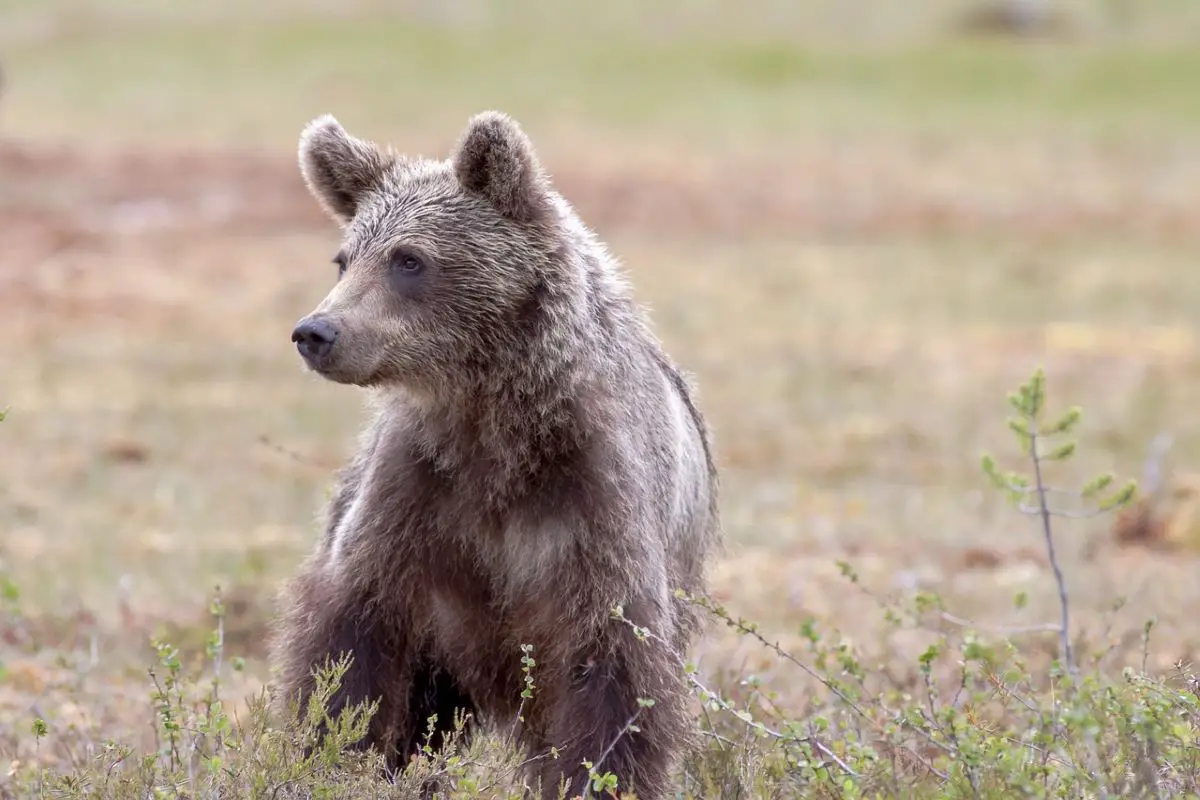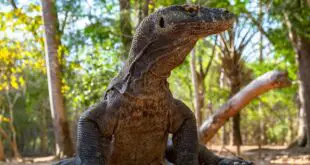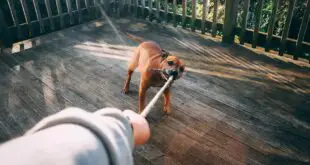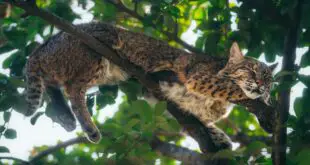We set out to answer one of the oldest questions in biology: how far can a bear smell food? Hoping this question could help us understand the various abilities of bears and if they are better than humans. We wondered how efficient they were as they had to survive without civilization. Some people wonder if there is such a thing as a superhuman sense of smell.
The answer to this question depends on several factors, including the age of the bear, its environment, what it has been eating and how recently it has eaten. There are also two different types of smells bears can notice: things carried on the wind, such as food smells and the smell of other bears, and things nearby, such as different kinds of interesting scents in the air.
Scientists have determined that a bear’s sense of smell is about 2,100 times better than a human being. However, this is only true when comparing an adult human to an adult bear—a baby or young bear’s sense of smell is not as good as an older bear. In fact, a young bear’s sense of smell falls somewhere between a human adult’s and a human baby. If we consider these factors, we can conclude that a bear’s sense of smell is more like seven times better than an adult human.
But how far can a bear smell something? This depends largely on what kind of thing the bear is smelling and where it is located.
It depends on the weather and season. When it’s cold, bears can smell food from 18-20 miles away. When they get closer to the food, their sense of smell is even more acute; they can sniff out a single kernel of corn from 20 miles away. Bears’ noses are also very sensitive to odors in the air; even a small amount of food can make them curious about where it’s coming from.
Do All Bears Have A Good Sense Of Smell?
Everyone knows bears are big, fierce, and furry. They’re also notorious for their keen sense of smell. But what about other bear species? Do polar bears, brown bears, and grizzly bears all have the same ability to sniff out food?
A strong sense of smell is an essential tool for any animal hunts or gathers its food in the wild. It’s how they track prey and find food. Some animals have a better sense of smell than others, but do different species within the same family have more or less developed senses of smell?
As it turns out, all bears do have a good sense of smell. In fact, if you had to rank all animals with the best sense of smell based on their olfactory bulbs (the part of the brain where smells are processed), a bear would rank second only to dogs. You see, a bear has a very large brain compared to other animals in its size category, and it’s full of neurons that process smells!
In addition to this impressive smelling ability, bears also have long snouts and large nasal cavities; this helps them better detect scents through airflow filtration, which is similar to how dogs work.
Can Bears Smell Humans In The Woods?
It depends on what kind of bear you’re talking about. Generally, if a bear is smelling you, it’s likely to be a black bear since they have an excellent smell. However, their noses aren’t so excellent that they can smell the specific difference between humans and other animals. So you still may be able to hide from them if you take cover behind something else that smells like an animal.
Brown bears are also similar in that they have a good sense of smell but not so good that they can pick up on humans specifically. This means that hiding behind another animal—or behind anything else that smells like an animal—may still work to avoid detection by brown bears as well.
Grizzly bears have an even better sense of smell than black and brown bears; again, it’s unlikely that they will be able to pick up on humans specifically. There is one exception to this rule. If there’s food involved, grizzly bears will be able to smell the food and pick up on the fact that there might be humans nearby because of it.
What Is The Best Way To Avoid Bears When Out In The Woods?
Try to remember that bears are just as afraid of you as you are of them.
I know, it’s hard to imagine that a grizzly bear is afraid of anything. But even though they can grow up to 10 feet tall and 1,500 pounds. They don’t want to get into a fight with you any more than you do. Of course, they’re way bigger than you, and they can run faster; if you stay calm and give them the space they need, chances are the bear will walk away.
Here are some tips for avoiding bears when out in the wood:
Do NOT approach a bear. If it’s a black bear, it may be curious enough to come up to you, but in that case, it’s better to walk away slowly.
Do NOT run from a bear; it will trigger their predator instincts, and they’ll think of you as prey.
If the bear approaches you, stand your ground but make yourself look big by raising your arms and clapping your hands together loudly.
If the bear attacks you, play dead by lying face down in the dirt and covering the back of your head with your hands.
Conclusion
Bears can smell things over long distances. However, it’s hard to say just how far a bear can smell with any degree of certainty. You can still generalize how far bears can sense different smells. For example, a bear will not be able to smell food under the snow since they have no interest in digging through snow unless they have to. In this case, the kill site would likely not be discovered until spring; when the snow melts and the food smells more pronounced.
You May Like These Articles As Well:
How Fast Can a Bear Run? Facts About Bears
What’s The Smallest Animal In The World? This Will Surprise You!
 Being Human
Being Human





